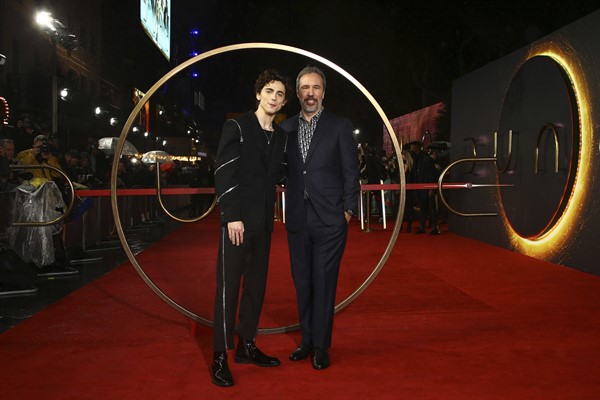This weekend, “Dune,” the highly acclaimed film adaptation of Frank Herbert’s science-fiction classic of the same name, capped off a successful box-office run by bagging an impressive six Oscars at the Academy Awards.
The movie, directed by French Canadian filmmaker Denis Villeneuve, has received particular praise for its stunning cinematography and soundtrack, and for breaking from prior adaptation attempts by “sensibly” tackling only the first part of the 412-page novel. This is why, critics have argued, this version of Dune has been so well-received compared to previous versions.
But an alternative—or perhaps complementary—explanation could be that today, there is simply more demand for stories like “Dune,” which provide a lens through which to think about the future. At a time when humanity is facing existential threats, be it from climate change or nuclear annihilation, it makes sense that we would start to seek out science fiction to signal the path forward. After all, its writers have been imagining ways for humans to survive and thrive through cataclysmic change for much longer than politicians.

